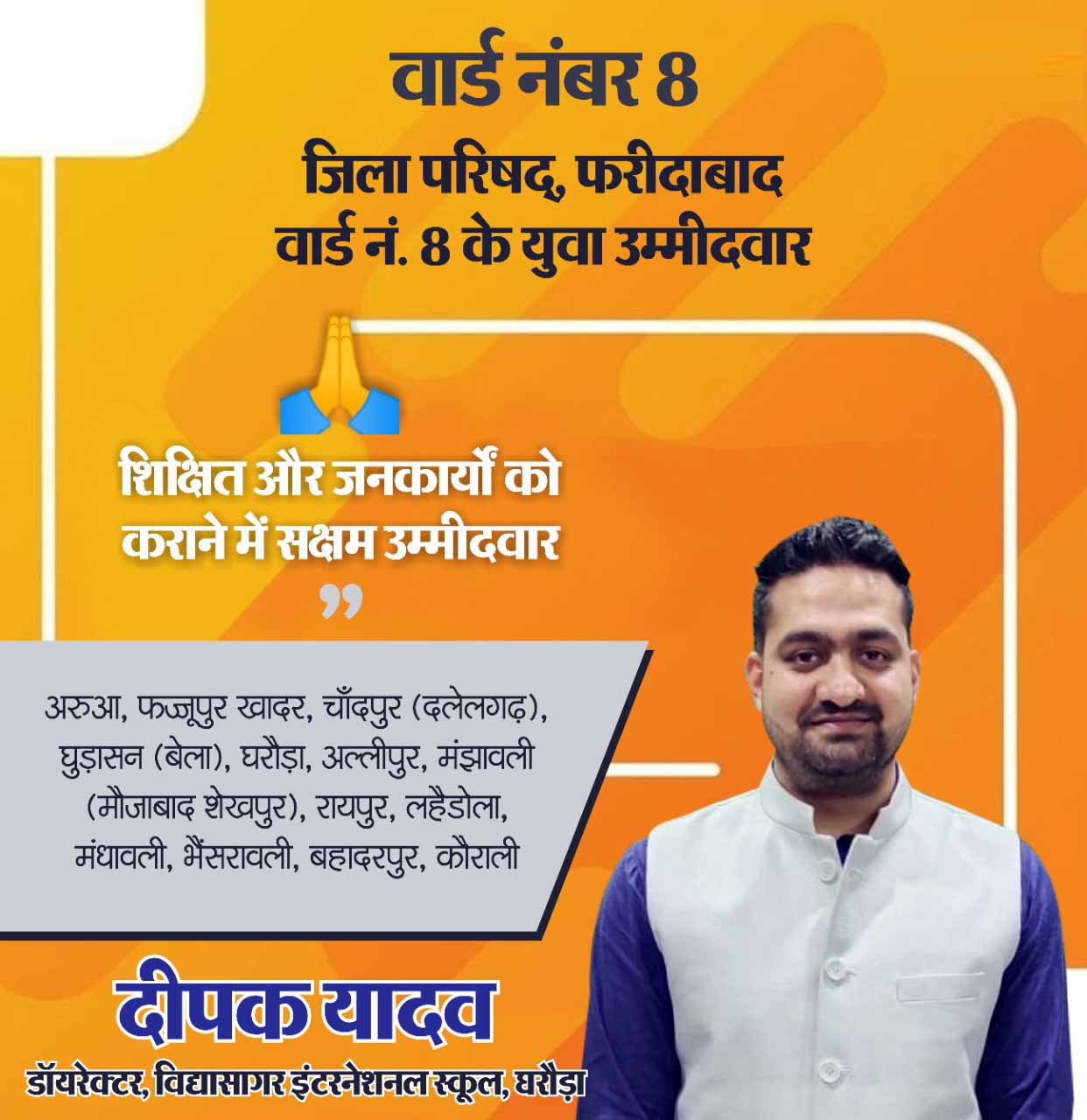New Delhi, 20th July 2020 : As a measure to contain the spread of novel COVID-19 schools and colleges have been shut down temporarily. It is nearly more than four months now and there is still no certainty that when the schools and colleges will reopen. In terms of education, this is the most crucial time of the year. Board examination, entrance tests for various colleges, nursery school admissions, among other exams and assessments are held during this time and are deeply affected. The impact of COVID-19 will be there for the long term in the education sector and there are a lot of difficulties faced by the people.
Due to the sudden outbreak of COVID-19, there has been a shift in the education system, from the traditional offline teaching to teaching online. There are various challenges faced by the learners as well as from the educator’s point of view. Both teachers and students are still in the process of getting acquainted with the new form of learning and teaching and the real challenge is the reliability of these e-learning classes. Engaging students and making them involved in the teaching-learning process is a challenge for the institutions. One of the main problems that arise is that not everyone is getting access to E-learning classes. There are only a handful of schools that have adopted online teaching methods. For some, they can simply not afford it. Parents are also complaining about the increased screen time of their children which cannot be avoided. Another problem is the internet stability. Students might miss out on their classes because of poor internet connection and the remote areas do not have an internet connection in the first place. It is not as easy as it seems, E-learning requires a lot of time, patience, buying of equipment, having a stable internet connection, maintaining the equipment, and developing a habit of sitting in front of the screen for long hours.
Geeta Jain, Founder of Mediconation said, “Amidst this crisis, there are no longer any alternatives left but for students to adapt to the new learning culture, as soon as possible. A new approach is required for the long-term management of the crisis and building a stable education system. It is important to increase the effectiveness of E-learning. Efforts should be taken by the institutions to make sure that there is digital equity and every teacher and student should have the accessibility to the required resources. Administration and faculty members should take necessary measures for improving e-teaching quality to help with better learning of students during the lockdown. So, a much-needed change and innovation are required. It is also equally important to keep in mind the health and well-being of the students. Needless to say, the pandemic has transformed from the traditional learning methods to one driven by technology. During and after the crisis, infrastructure needs to be so strong that it can provide unhindered services.”

















































